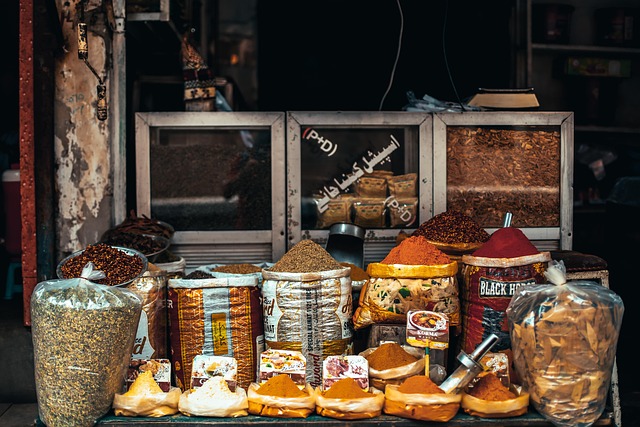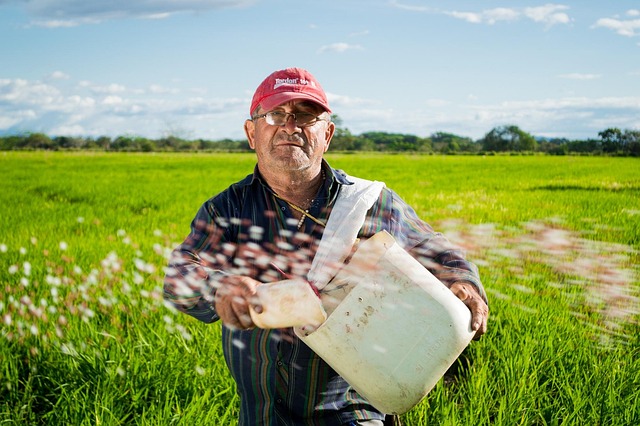In an age where modern agriculture often sidelines traditional plant varieties in favor of high-yield hybrids, the quiet beauty and significance of our ancestral fruits and vegetables are at risk of being lost. These ancient varieties not only serve as a vital connection to our past but also play a crucial role in maintaining biodiversity, enhancing our environment, and promoting sustainable gardening practices.
Imagine stepping into a garden bursting with vibrant colors and unique shapes—clocking in flavors that aren’t just bland repeats of what you find at the grocery store, but are instead rich in history and character. Traditional plant varieties, such as heirloom tomatoes, ancient grains, or native beans, have been cultivated and cherished over generations. They tell stories of resilience, adaptation, and the symbiotic relationship between people and the Earth.
By embracing these varieties in our eco-friendly gardening efforts, we support a more sustainable approach to the environment. Traditional plants are often better adapted to local soils and climates, requiring fewer chemical inputs and less water than their modern counterparts. This makes them not only more eco-conscious choices but also pivotal to fostering a green lifestyle. For instance, by planting heritage corn or indigenous squash, gardeners can help revive local ecosystems while enjoying the tastiest produce imaginable.
Moreover, traditional plant varieties tend to have higher nutritional value than contemporary hybrids, which may be bred for long shelf life instead of flavor or nutrients. Incorporating these fruits and vegetables into our gardens allows us to rediscover the joys of fresh, seasonal food that not only nourishes our bodies but also connects us to the land.
As urban spaces continue to expand, the opportunity to grow and maintain a relationship with traditional plant varieties becomes more vital. Community gardens that focus on these ancient crops can foster a sense of belonging among neighbors, encouraging collaboration and knowledge sharing. Such initiatives not only strengthen community ties but also educate participants about the importance of biodiversity and the urgency of preserving our natural heritage.
Let’s not forget about the evolving conversation around food security. As climate change impacts agricultural systems across the globe, traditional plant varieties offer a powerful solution. Their adaptability means they can thrive even under challenging conditions. By cultivating these resilient crops, we are not only preserving our history but also investing in a more sustainable, secure food future.
For any home gardener or eco-enthusiast, the task is clear: seek out genuine heirloom seeds, attend local plant sales dedicated to traditional varieties, and share the wisdom passed down through generations. You’ll find that growing these unique fruits and vegetables isn’t just a gardening project; it’s a commitment to preserving the delicate tapestry of nature, every seed telling a story worth nurturing.
Let us celebrate our ancient roots, cherish their diversity, and work towards a gardening culture that thrives on eco-friendliness and creativity. By embracing traditional plant varieties, we invest not only in our gardens but also in the planet’s health and future.




